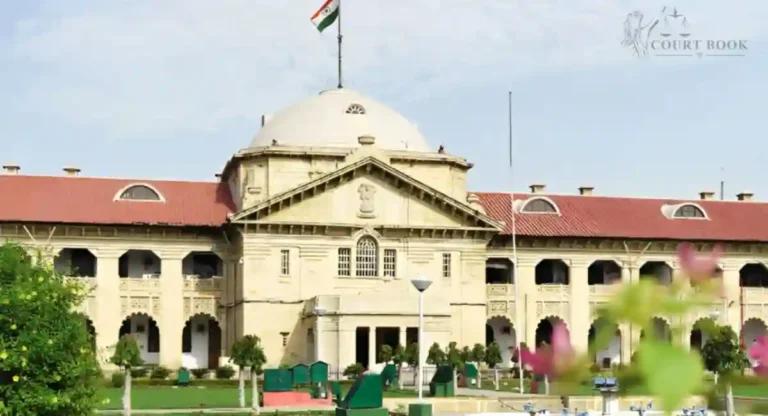The Allahabad High Court has denied short-term bail to a man convicted under Section 304/34 and Section 323 of the Indian Penal Code (IPC), who requested permission to travel abroad from April 30 to June 18, 2025, to perform the Hajj pilgrimage.
"The right to travel for Haj is not an absolute right and can be curtailed if the person is serving a lawful sentence," said Justice Alok Mathur while dismissing the bail plea.
The petitioner, Jahid, had applied for Hajj with his wife before being convicted. He deposited the required fees in October and December 2024 and was selected for Hajj scheduled between May 4 and June 16, 2025. However, on March 26, 2025, he was sentenced to 10 years in prison under Section 304/34 IPC and six months under Section 323 IPC by the Additional Sessions Judge, Bahraich.
Jahid approached the High Court seeking temporary bail, citing his pre-approval for the pilgrimage. His counsel relied on the Delhi High Court's ruling in Syed Abu Ala vs NCB, where a 73-year-old convict was allowed to go for Hajj after serving a significant portion of his sentence.
Read Also:- Bombay High Court Orders Takedown of Six Defamatory Videos Against Minister Girish Mahajan
However, Justice Mathur highlighted the crucial difference in circumstances:
"In that case, the petitioner had already served more than 10 years of an 11.5-year sentence. Here, the present appellant has only completed one month of a 10-year sentence."
The Court further noted that while short-term bail is not explicitly mentioned in the law, it has been granted by courts in cases of critical illness, death in family, or marriage of close relatives. But religious travel alone, especially when serious charges are involved, does not justify release.
"Once a person is convicted by a competent court, incarceration is lawful and his rights, including freedom of movement, stand curtailed under Article 21 of the Constitution," the Court stated.
Citing Maneka Gandhi vs Union of India, the Court emphasized that while the right to travel abroad is a part of personal liberty, it is subject to law and not unconditional.
Read Also:- Why NEET Must Go? Tamil Nadu's Fight for Educational Justice
Justice Mathur stressed that there is no emergency or exceptional need to allow bail in this case. He added that Jahid may pursue Hajj after completing his sentence.
"Religious obligations like Hajj can be fulfilled after completing the prison term. Granting bail at this stage may risk the convict fleeing justice," observed the Court.
Thus, the Court refused to grant short-term bail and dismissed the application.
bench: Justice Alok Mathur
Case title - Jahid vs. State Of U.P. Thru. Addl. Chief Secy. Home Lko 2025 LiveLaw (AB) 169














